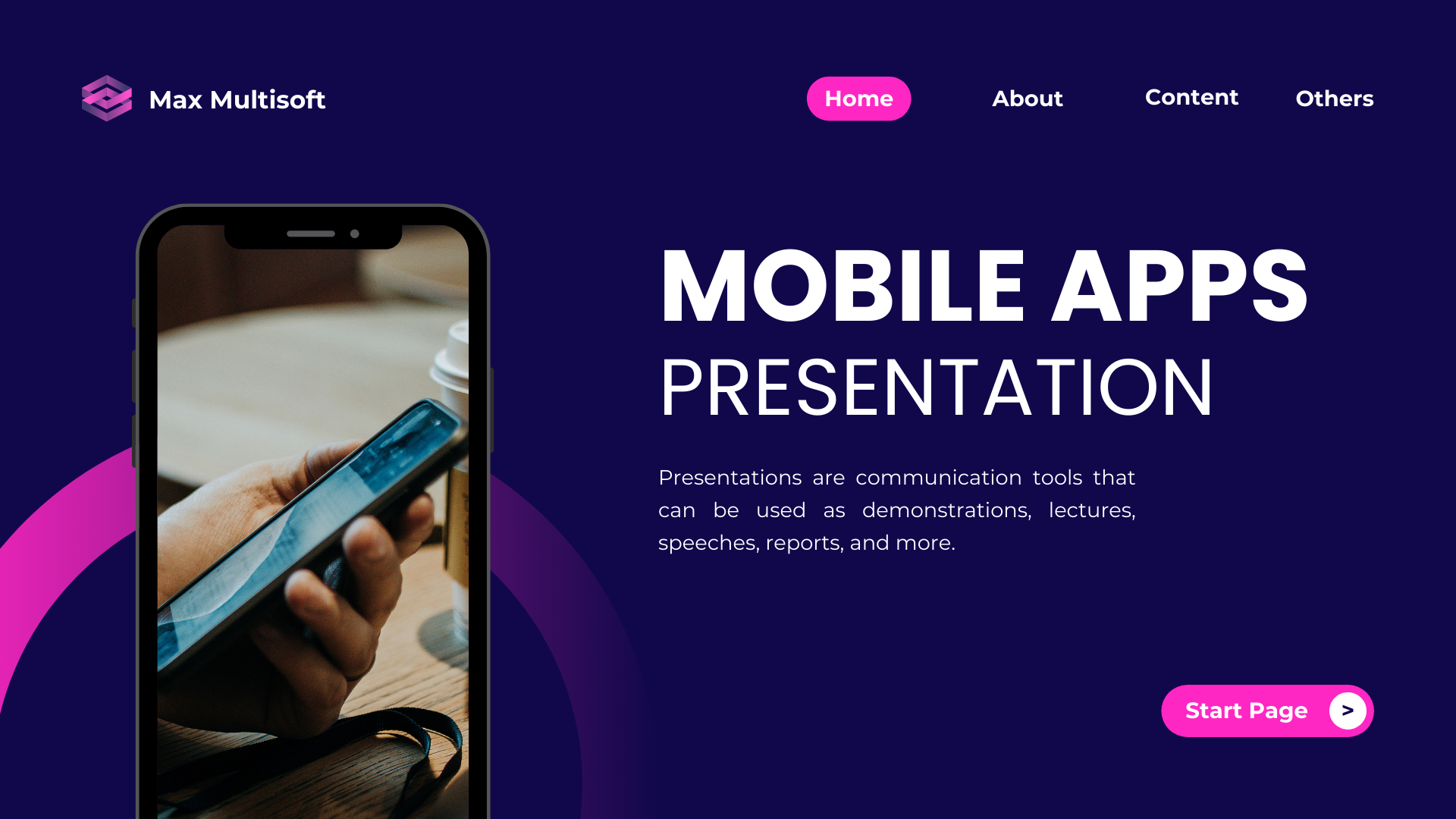Types of mobile app development
Mobile app development can be categorized into several types based on the approach used to build the app. Here are the main types:
Native App Development:
Platform-Specific: Native apps are developed for specific platforms (e.g., Android or iOS). These apps use platform-specific languages and frameworks, such as Swift or Objective-C for iOS and Java or Kotlin for Android.
Advantages: Native apps offer the best performance, as they are optimized for a particular operating system. They also provide access to all the device's hardware features like camera, GPS, etc.
Disadvantages: The downside is that you need to develop separate apps for each platform, which increases time and cost.
Hybrid App Development:
Cross-Platform: Hybrid apps are built using web technologies like HTML, CSS, and JavaScript but are wrapped in a native container that allows them to run on multiple platforms (iOS, Android).
Frameworks: Popular frameworks include Apache Cordova, Ionic, and PhoneGap.
Advantages: One codebase can be used for multiple platforms, which reduces development time and cost.
Disadvantages: Hybrid apps may not perform as well as native apps, especially for apps requiring heavy device integration.
Cross-Platform App Development:
Single Codebase, Multiple Platforms: This type allows developers to write code once and deploy it on multiple platforms (iOS, Android, and others).
Frameworks: Some popular frameworks include React Native, Flutter, and Xamarin.
Advantages: It reduces the time and cost of development because the same code works across platforms. Performance is often better than hybrid apps but still not as good as native apps.
Disadvantages: There may be platform-specific bugs or limitations, and access to certain native features can be tricky.
Progressive Web Apps (PWAs):
Web-Based: PWAs are web apps that function like mobile apps. They are built using standard web technologies like HTML, CSS, and JavaScript but provide an app-like experience, including offline functionality and push notifications.
Advantages: PWAs don’t require installation from app stores, work across all platforms, and can be updated easily.
Disadvantages: They don’t have access to all native device features like camera, GPS, or Bluetooth in the way native or cross-platform apps do.
Web Apps:
Browser-Based: Unlike native or hybrid apps, web apps run within a mobile browser. These apps are responsive and can adjust to different screen sizes.
Advantages: Easy to maintain and don’t require different versions for different platforms.
Disadvantages: They rely on browser performance and don’t have the ability to fully integrate with the device’s hardware or send push notifications.
Low-Code/No-Code Development:
Drag-and-Drop Tools: These platforms allow users to build apps with minimal or no coding experience using pre-built templates and visual interfaces.
Platforms: Examples include Appgyver, Bubble, and Mendix.
Advantages: Ideal for rapid development and prototyping with minimal resources.
Disadvantages: Limited customization and scalability; not suitable for complex applications.
Enterprise App Development:
Business-Specific: These apps are designed specifically for businesses to meet internal needs, such as employee communication, resource planning, or project management.
Advantages: Tailored to the specific needs of a company and can integrate with enterprise-level systems.
Disadvantages: They can be complex and require significant investment in development and maintenance.
Hybrid App (हाइब्रिड ऐप):
यह ऐप्स Native और Web App का मिश्रण होते हैं।
ये एक ही कोड बेस से Android और iOS दोनों प्लेटफॉर्म्स पर काम करते हैं।
इसे Web Technologies (HTML, CSS, JavaScript) का उपयोग करके बनाया जाता है, लेकिन Native ऐप की तरह ऐप स्टोर से इंस्टॉल किया जा सकता है।
इनका प्रदर्शन Native Apps से कम होता है लेकिन इन्हें बनाना सस्ता और तेज़ होता है।
Web App (वेब ऐप):
ये ऐप्स वेब ब्राउज़र पर चलते हैं और इन्हें इंस्टॉल करने की आवश्यकता नहीं होती।
ये Responsive Design का उपयोग करते हैं, जिससे वे मोबाइल और डेस्कटॉप दोनों पर काम करते हैं।
Web Technologies (HTML, CSS, JavaScript) के माध्यम से विकसित होते हैं।
इन्हें ऐप स्टोर पर उपलब्ध नहीं कराया जाता, और इनकी परफॉर्मेंस Native Apps से कमजोर हो सकती है।
Native App (नेवटिव ऐप):
ये ऐप्स किसी विशेष प्लेटफॉर्म (जैसे Android या iOS) के लिए ही डिज़ाइन किए जाते हैं।
Native लैंग्वेज जैसे Android के लिए Java/Kotlin और iOS के लिए Swift/Objective-C का उपयोग कर बनाए जाते हैं।
ये डिवाइस की हार्डवेयर क्षमताओं (कैमरा, जीपीएस, माइक्रोफोन) का अधिकतम उपयोग कर सकते हैं, इसलिए इनका प्रदर्शन बेहतर होता है।
इन्हें ऐप स्टोर से डाउनलोड और इंस्टॉल किया जाता है।
संक्षेप में, Native Apps सबसे तेज और विश्वसनीय होते हैं, Hybrid Apps दोनों प्लेटफॉर्म्स पर आसानी से काम करने वाले और किफायती होते हैं, और Web Apps वेब ब्राउज़र में चलने वाले ऐप्स होते हैं जिन्हें इंस्टॉल करने की आवश्यकता नहीं होती।


 By Maxmulsoft
By Maxmulsoft
* * * <a href="https://primefisolutions.com/?pfs8sp">$3,222 payment available</a> * * * hs=d447d0436c311019c7b08f92f10c059b* ххх*
w4m91x
* * * $3,222 credit available! Confirm your transaction here: https://primefisolutions.com/?pfs8sp * * * hs=d447d0436c311019c7b08f92f10c059b* ххх*
w4m91x
* * * <a href="https://www.n2nsystems.co.in/index.php?q8niwo">$3,222 payment available</a> * * * hs=d447d0436c311019c7b08f92f10c059b* ххх*
3s0l6j
* * * $3,222 credit available! Confirm your transaction here: https://www.n2nsystems.co.in/index.php?q8niwo * * * hs=d447d0436c311019c7b08f92f10c059b* ххх*
3s0l6j
YQeylmcFJBtyNqt
CRCpMNCajLakj
BXhpCvobtSIbVd
bjnLsmDdSZJhd
pBFyBnywFJZiE
vXkQUVNvVT